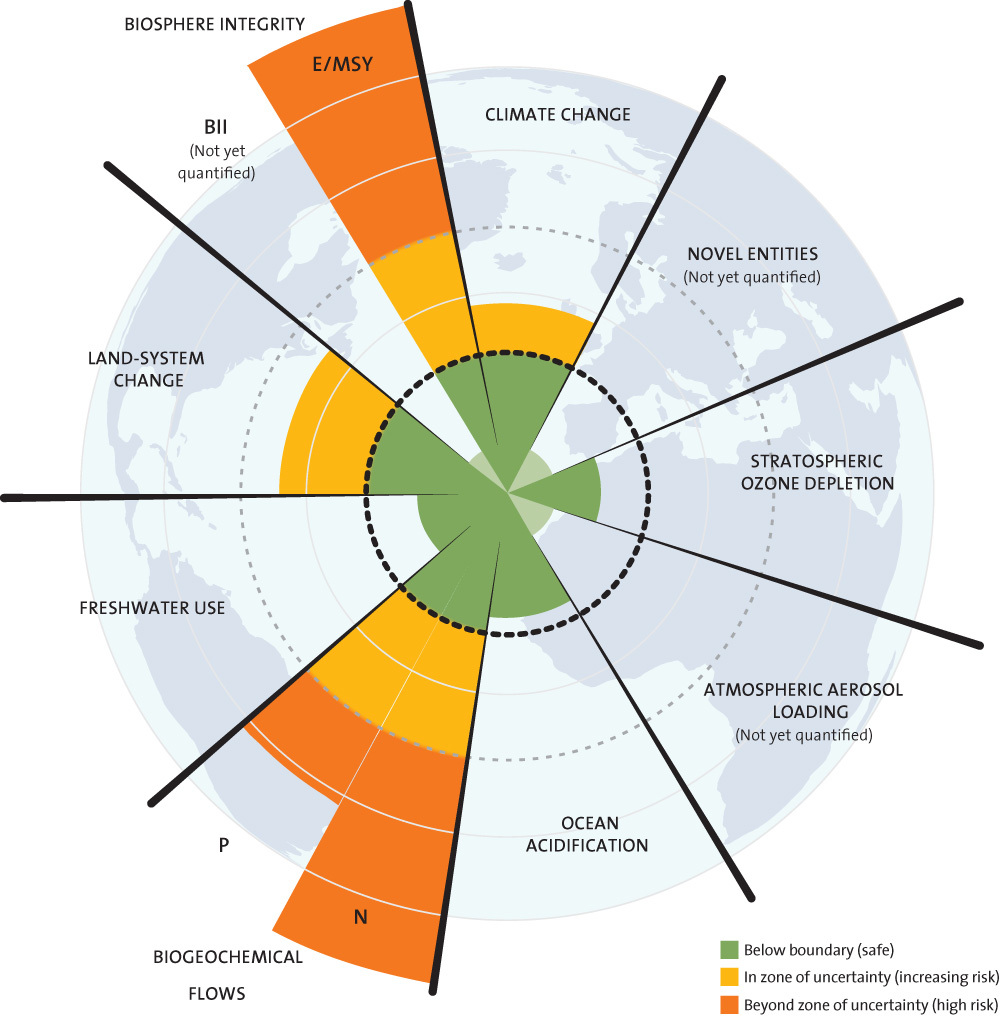Episodes

Tuesday Mar 07, 2023
070 – Future of Farming, a conversation with Padraic Flood
Tuesday Mar 07, 2023
Tuesday Mar 07, 2023
Today's topic is future of farming. Farming is a bedrock of our society and culture, and at the same time one of the largest contributors to environmental degradation. So, how we can feed the population of the world in the future sustainably is a subject I wanted to cover already for some time. But it was important to find an expert who can bring together theoretical knowledge and real business application and experience.
I am very happy that Pádraic Flood agreed to join me for this conversation. He is currently team lead for crop genetics at Infarm, a vertical farming company.
Before he joined Infarm, Pádraic served as a research scientist at Wageningen University, one of the world’s top agricultural research institutions, where he also completed his Ph.D. Before that, Pádraic held an appointment at the Max Planck Institute for Plant Breeding Research.
Over the past decade, Pádraic has worked in universities using genetics to understand key scientific questions ranging from photosynthesis to how plants adapt to extreme environments.
Pádraic is not only an excellent scientist, but deeply passionate about tackling the challenge of feeding the world without destroying the environment. In addition to breeding and improving crops currently cultivated by infarm, he is pursuing ways to make staple crops viable in indoor farming which, if successful, could free up vast areas of land for nature and biodiversity restoration and go a long way towards achieving food security.
As farming as bedrock of our society we start with a look into our past. What is domestication and breeding? What are we eating today? Old species, e.g. maize are unrecognisable in the original form compared with our modern ones. Breeding was an intergenerational project of humanity. So, what is natural? Unnatural? Is unatural, what is created by humans — which seems to be a rather strange idea?
Also, farming was independently discovered seven times around the world — what does that tell us? What is convergent evolution?
Then we discuss the impacts of farming on nature and environment. How can we reduce the impact of farming while at the same time producing enough food for humanity.
What are GMOs and how is genetic modification different from older breeding technologies?
Then we talk about the 20th century. Were the Malthusian warning voices correct? How did Paul Ehrlichs “population bomb” play out and what did the green revolution with Norman Borlaugh achieve?
“rising food production reduced the malnutrition rate from 2 in 3 people in 1950 to 1 in 11 by 2019. This impressive achievement is even more noteworthy if expressed in a way that accounts for the intervening large-scale increase of the global population, from about 2.5 billion people in 1950 to 7.7 billion in 2019. […] we could not harvest such abundance, and in such a highly predictable manner, without the still-rising inputs of fossil fuels and electricity.”, Vaclav Smil
Modern technology and energy production managed to reduce the labor needed to produce a kilogram of grain by more than 98 percent between 1800 and 2020.
“Growing the grain, milling it, and baking a 1-kilogram sourdough loaf thus requires an energy input equivalent of at least 250 milliliters of diesel fuel.” (150-500ml Diesel per kg tomatoes in Spain (unheated / heated) — ~ same amount like chicken), ibid
Which role do agricultural chemicals role such as herbicides and fertilisers play?
Agriculture is not only about carbon emissions. Purely looking at it through a “carbon lense” is misleading, more relevant seems the planetary boundaries framework. For instance the role of biodiversity, land use and other impacts are of huge importance. Land use is one of the major concerns, considering thet 50% of habitable land mass is used by agriculture.
Carbon tunnel vision is a real issue today and leads to significant mistakes in politics and activism, as I have discussed in other podcast episodes already.

Planetary Boundaries, J. Lokrantz/Azote based on Steffen et al. 2015
What about organic farming? It turns out, it is by far not such a good idea as often promoted. Pádraic explains what the problems are. One serious issue are externalities, where other nations pay the price for our “organic” greenwashing.
One of the major challenges is to manage energy and matter flows better on a global level. As energy plays a significant role in agriculture we discuss the important role of nuclear energy in a green economy, escpecially considering land use in comparison with wind and solar energy.
Risk perception is often not aligned with actual risks.
As one recent example, we discuss the Sri Lanka organic farming disaster, food security and national security:
“In the end, for most crops, organic farming is not net beneficial. It is actually worse for the environment than conventional food production. And people spend even extra money, thinking they do something good., when in many respects they probably are causing more harm.”
Organic food has a large international lobby with a vested interest to promote a green narration, preserve the well functioning but misleading marketing claims, despite of the realities on the planet. On top of that, some organic farming practices leave the realm of rationality and incorporate a number of esoteric ideas that contribute nothing to the environment or to human health, such as biodynamic practices.
“What is allowed in organic is not necessarily allowed because it is safer but just because we done it like that for a long time.”
One example is copper sulfate or organic insectisides, as Pádraic explains in this episode.
What we need going forward, is evidence based agriculture, not dogmatic organic / naturalistic ideas, that are stuck in the past and do more harm than good to nature and humanity.
“Dogma is not adaptive” and
“Silver bullets are only good for killing magical creatures”
What about meat and what role has carneval to play here? Where is science and technology standing in terms of lab grown meat? Evidently, in some countries lab grown chicken nuggets are already a thing?!
One of the major recent innovations seems to be precision fermentation, which could become one of the most exiting new tools in our future farming toolbelt.
“Currently, we are eating our planet”
Now, looking into the future: how could we achieve decoupling food prodcution from ecosystem destruction. How can we feed 9-11 billion people well without eating the planet and create food resilience along the way? Some practices we talk about are
- indoor farming
- precision fermentation
- lab meat
- biotechnology, GMO, Crispr/CAS
Also “doing nothing has risks”
Especially the new bio technologies, synthetic biology seems to offer a lot of opportunities for the future of farming, but also opens up significant new risks. We see a democratisation of bio-technology and synthetic biology — can this be a good thing?
And finally I ask Pádraic: if young people would want to work in these important fields, what could they do instead of glueing themselves to paintings and bridges?
References
Previous Episodes
- Episode 62: Wirtschaft und Umwelt, ein Gespräch mit Prof. Hans-Werner Sinn
- Episode 59 und 60: Wissenschaft und Umwelt 1 & 2
- Episode 48: Evolution, ein Gespräch mit Prof. Erich Eder
- Episode 45: Mit Reboot oder Rebellion aus der Krise?
- Episode 46: Activism, a conversation with Zion Lights
- Episode 37: Probleme und Lösungen
- Episode 36: Energiewende und Kernkraft, ein Gespräch mit Anna Veronika Wendland
- Episode 33: Naturschutz im Anthropozän – Gespräch mit Prof. Frank Zachos
- Episode 22: Biodiversität und komplexe Wechselwirkungen – Gespräch mit Prof. Franz Essl
Padraic Flood
- Twitter: @PdraicFlood
- Padraic Flood on LinkedIn
Literature and Links


No comments yet. Be the first to say something!